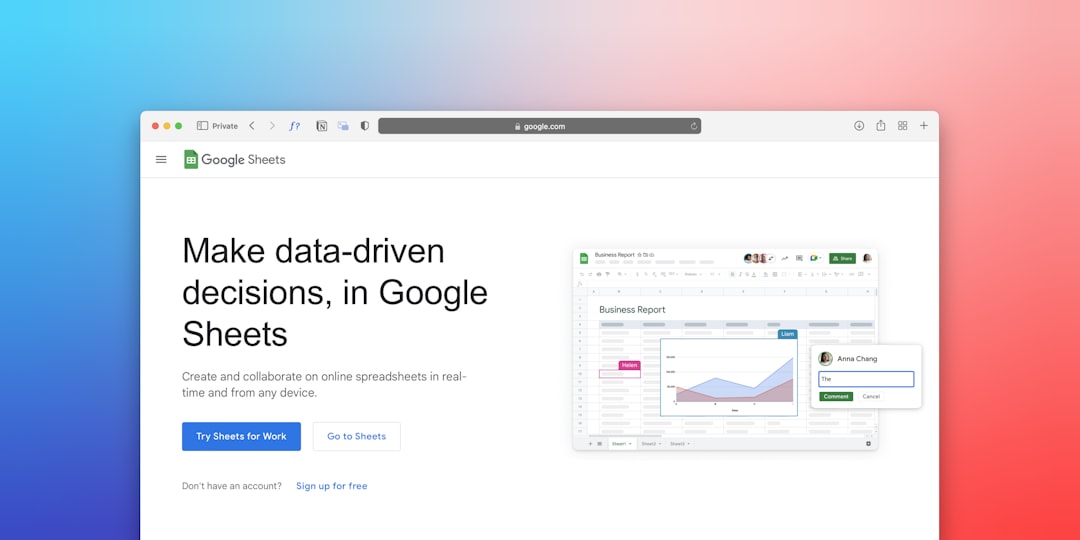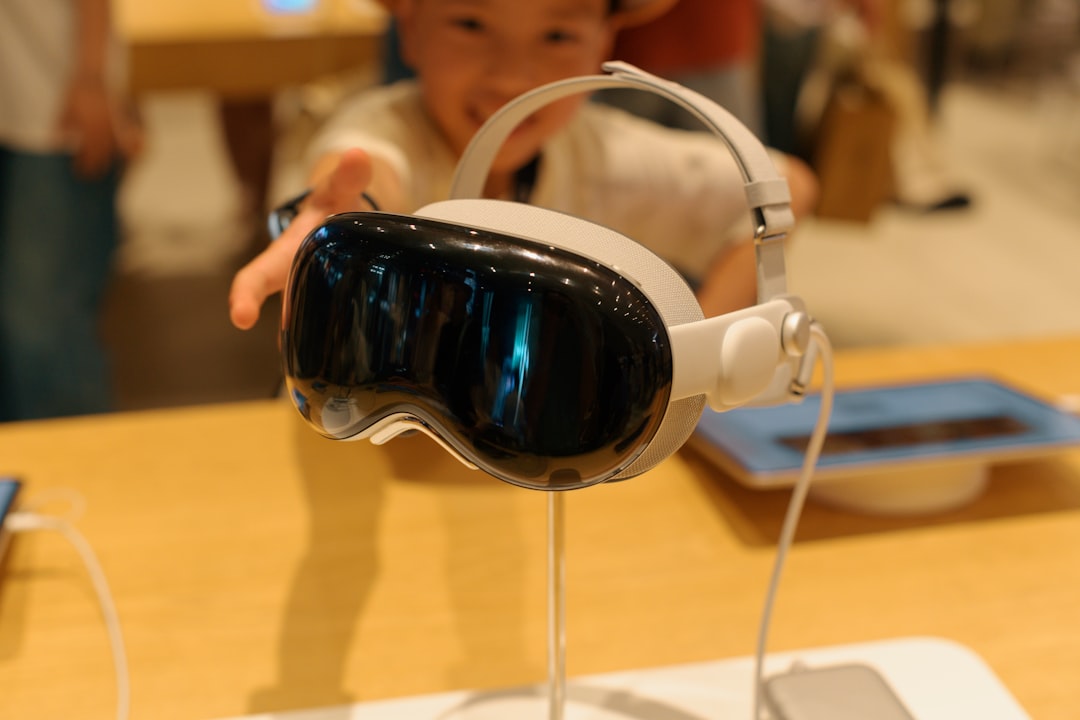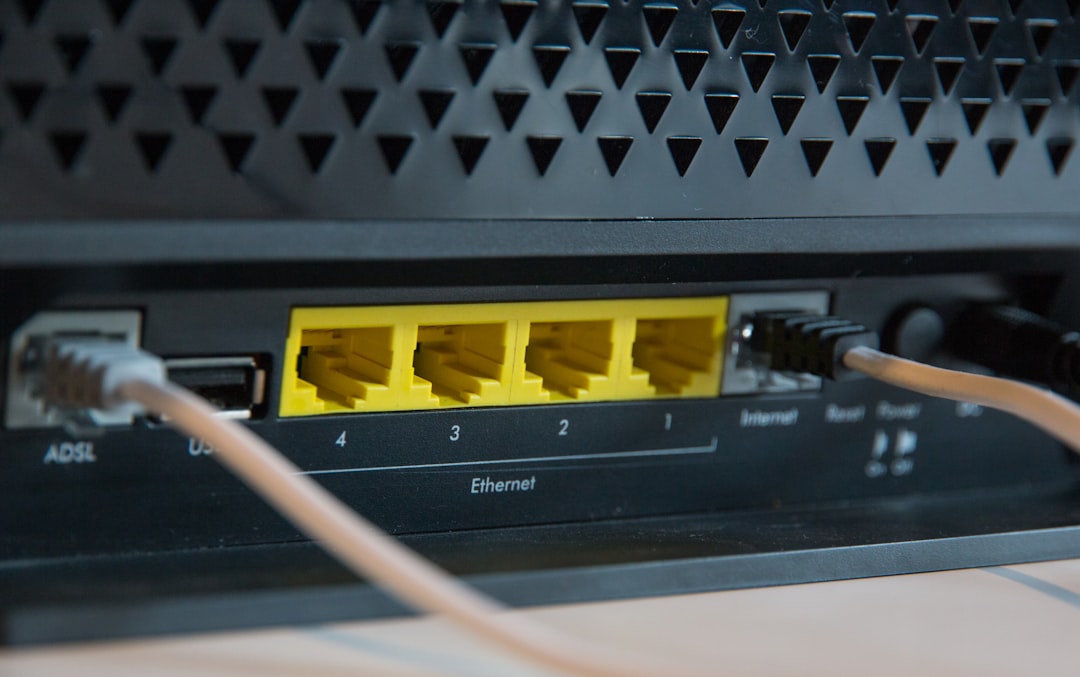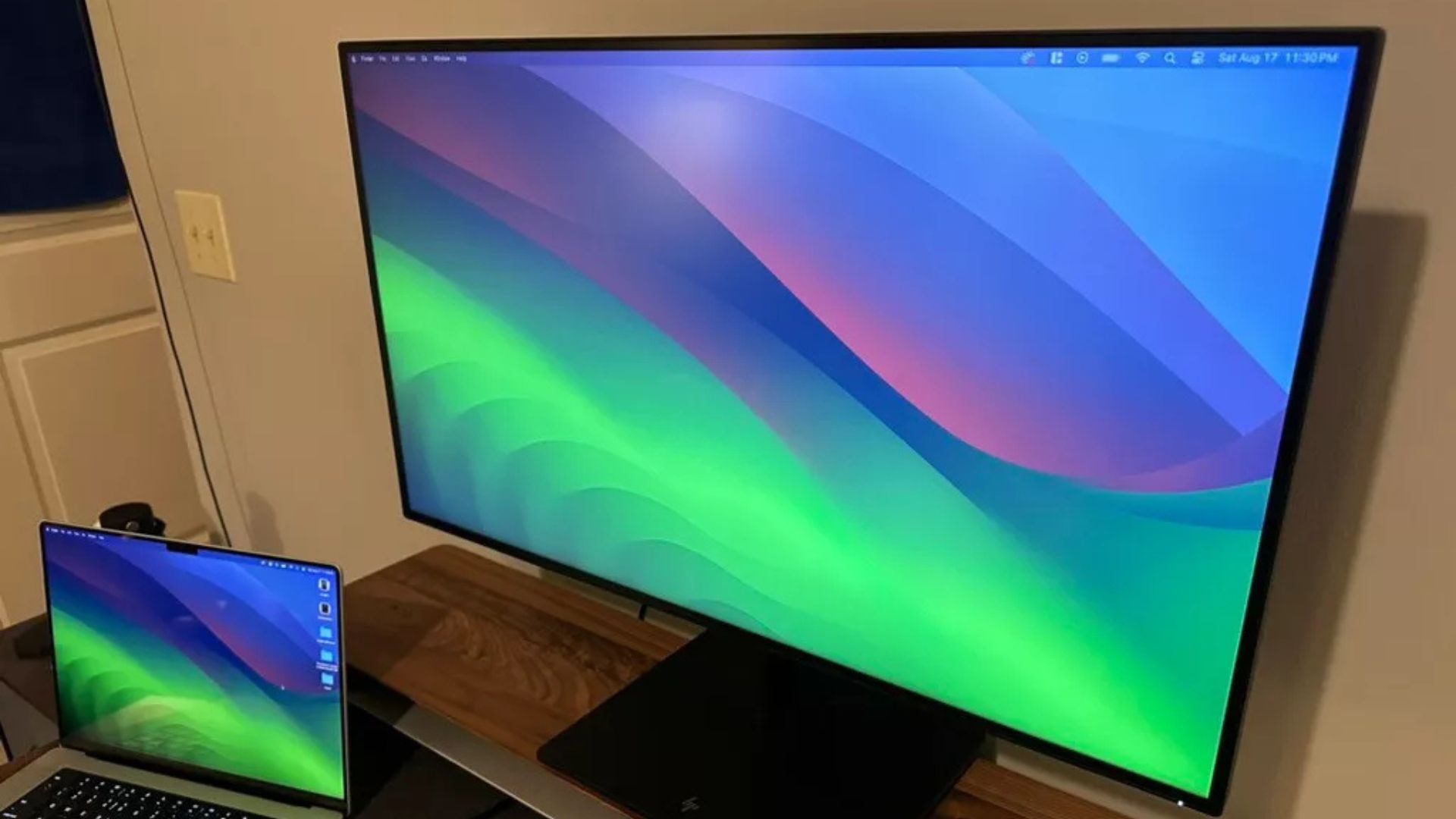The debate surrounding net neutrality has become increasingly complex, particularly when considering innovative pricing models like sponsored data. At Cricket Wireless, understanding the interplay between net neutrality principles and offerings like sponsored data is crucial for consumers and policymakers alike. This article aims to provide a comprehensive analysis of Cricket Wireless’ approach to sponsored data within the broader context of net neutrality, offering a balanced perspective on the benefits and potential drawbacks.
Unlike some discussions that paint sponsored data as inherently violating net neutrality, we’ll explore how Cricket Wireless navigates this landscape. We will dive into Cricket’s specific practices, referencing authoritative sources to examine their commitment to an Open Internet, and addressing the concerns of users about how Cricket Wireless Terms and Conditions of Service apply.
Understanding Net Neutrality and Its Core Principles
Net neutrality, at its core, is the principle that all internet traffic should be treated equally by Internet Service Providers (ISPs). This means that ISPs should not discriminate against any content, website, or application by blocking, throttling, or prioritizing certain traffic over others. The aim is to foster a level playing field where all online services can compete fairly.
What are the key tenets of net neutrality?
The key tenets include no blocking (ISPs can’t block legal content), no throttling (ISPs can’t slow down specific traffic), and no paid prioritization (ISPs can’t create “fast lanes” for companies that pay extra). These rules ensure open access and prevent ISPs from unfairly favoring certain online services.
What is Sponsored Data?
Sponsored data is an arrangement where a third party pays for the data used by consumers to access their content or services. For instance, a video streaming company might sponsor the data used to stream their videos on a particular mobile network. This allows consumers to access the content without using their monthly data allowance. Sponsored data programs can seem like a win-win, as consumers enjoy free data and content providers gain increased traffic.
How does sponsored data work in practice?
A company partners with a mobile carrier to cover the data costs when users access their app or website. The user can then browse or stream without impacting their monthly data limit. This model is often used for video streaming, gaming, or other data-intensive applications.
Cricket Wireless’ Stance on Net Neutrality
Cricket Wireless is committed to an open internet and adheres to net neutrality principles. While specific details of their policies may evolve, the core commitment remains to provide consumers with unrestricted access to lawful content and applications of their choice.
Where can I find Cricket Wireless’ official net neutrality policy?
Cricket Wireless maintains a commitment to net neutrality, though specifics can be found in their publicly available Terms and Conditions and related policy documents. It is crucial to review these documents directly for the most up-to-date information.
Sponsored Data at Cricket Wireless: How It Works
Cricket Wireless does not currently appear to offer sponsored data programs in the same way as some other carriers. However, it’s essential to understand how such programs could function within the Cricket Wireless ecosystem and how they might interact with net neutrality principles. Here’s a hypothetical exploration:
How could sponsored data potentially benefit Cricket Wireless customers?
Sponsored data could provide Cricket Wireless customers with free access to certain content or applications, without using their monthly data allowance. This could be particularly appealing for data-conscious users who want to stream video or use other data-intensive services without exceeding their data limits.
Potential Net Neutrality Concerns with Sponsored Data
Despite its potential benefits, sponsored data raises several net neutrality concerns. Critics argue that it can create an uneven playing field, favoring large companies that can afford to sponsor data while disadvantaging smaller startups that cannot.
How might sponsored data disadvantage smaller companies?
If a large company sponsors data, their service becomes effectively cheaper for consumers to use, giving them a competitive advantage. Smaller companies without the resources to sponsor data may struggle to compete, hindering innovation and consumer choice.
The Role of Zero Rating in Sponsored Data
Zero rating is closely related to sponsored data. It refers to the practice of not counting certain data usage against a user’s data cap. While sponsored data involves a third party paying for the data, zero rating is a broader term that can also include instances where the ISP itself chooses not to count certain data usage.
What is the difference between sponsored data and zero rating?
Sponsored data specifically involves a third party covering the cost of data usage, while zero rating refers to any situation where data usage doesn’t count against a user’s data cap, regardless of who is paying. All sponsored data programs involve zero rating, but not all zero rating is sponsored.
Examining Potential Data Throttling at Cricket Wireless
Data throttling is the intentional slowing down of internet speeds by an ISP. While it’s not directly related to sponsored data, it’s an important aspect of net neutrality. Concerns exist that ISPs might throttle certain types of traffic to encourage users to utilize sponsored data options.
Does Cricket Wireless throttle data speeds?
Like many mobile carriers, Cricket Wireless may implement data throttling policies, particularly for users who exceed their monthly data allowance or during periods of network congestion. It’s crucial to review Cricket Wireless’ specific data throttling policies in their terms of service to understand when and how throttling may occur.
AT&T’s Influence on Cricket Wireless’ Net Neutrality Policies
Cricket Wireless is a subsidiary of AT&T, and therefore, AT&T’s views and policies on net neutrality can indirectly influence Cricket’s practices. It’s essential to understand AT&T’s broader stance on the open internet to gain a comprehensive perspective on Cricket Wireless’ approach.
What is AT&T’s position on net neutrality?
AT&T has publicly stated its support for an open internet, but their specific policies and interpretations of net neutrality principles may evolve. Keeping abreast of AT&T’s public statements and policy positions is crucial for understanding the context in which Cricket Wireless operates.
Challenges to Traditional Net Neutrality Arguments
While net neutrality is often presented as a binary issue (either for or against), some argue that a more nuanced approach is needed. These arguments often center on the idea that certain types of data prioritization or sponsored data programs can benefit consumers and promote innovation without fundamentally undermining the principles of an open internet.
What are some arguments against strict net neutrality regulations?
Some argue that strict net neutrality regulations can stifle innovation and limit the ability of ISPs to offer differentiated services. They contend that allowing for some degree of data prioritization or sponsored data can lead to new business models and benefits for consumers.
An Alternative Perspective: The Consumer Benefits of Sponsored Data
Sponsored data can offer clear benefits to consumers. It can provide free access to content and services, reduce data costs, and encourage the adoption of new technologies. For example, access to educational resources may be sponsored allowing disadvantaged individuals to take online courses for free without incurring additional costs.
How can sponsored data help bridge the digital divide?
Sponsored data can provide affordable access to the internet for low-income individuals and communities, helping to bridge the digital divide. By allowing users to access essential services and information without using their data allowance, sponsored data can empower individuals and promote social inclusion.
California Law and Sponsored Data: A Complex Relationship
California has enacted its own net neutrality law, which may have implications for sponsored data programs within the state. The California law aims to prevent ISPs from circumventing net neutrality principles through practices like sponsored data.
How does California’s net neutrality law affect sponsored data programs?
California’s law imposes restrictions on sponsored data programs to ensure they do not violate net neutrality principles. The specific impact of the law on Cricket Wireless’ potential sponsored data offerings would depend on the details of the program and how it aligns with the state’s regulations. More on California Senate Bill 822.
Navigating the Future of Net Neutrality and Sponsored Data at Cricket Wireless
The future of net neutrality and sponsored data at Cricket Wireless will depend on a variety of factors, including evolving regulations, technological advancements, and consumer preferences. As the debate continues, it’s essential for consumers to stay informed and advocate for policies that promote an open, accessible, and innovative internet.
How can consumers stay informed about net neutrality and sponsored data?
Consumers can stay informed by following news and analysis from reputable sources, participating in public discussions, and engaging with policymakers. Additionally, monitoring announcements and policy changes from Cricket Wireless and AT&T can provide valuable insights into their approach to net neutrality and sponsored data.
Conclusion: A Balanced Approach to Sponsored Data and Net Neutrality
The intersection of sponsored data and net neutrality at Cricket Wireless presents a complex landscape. While potential benefits exist for consumers through sponsored access, the critical need for fairness, competition, and an open internet cannot be ignored. It is up to consumers to stay informed, voice their preferences, and hold providers accountable for upholding net neutrality principles. Further exploration into topics such as Cricket Wireless Data Speed Performance can also better inform consumers.
Ultimately, a balanced approach that carefully considers both the potential benefits and drawbacks of sponsored data is essential for ensuring a vibrant and equitable online ecosystem for all users. What are your thoughts on how sponsored data should be regulated to ensure a level playing field?









